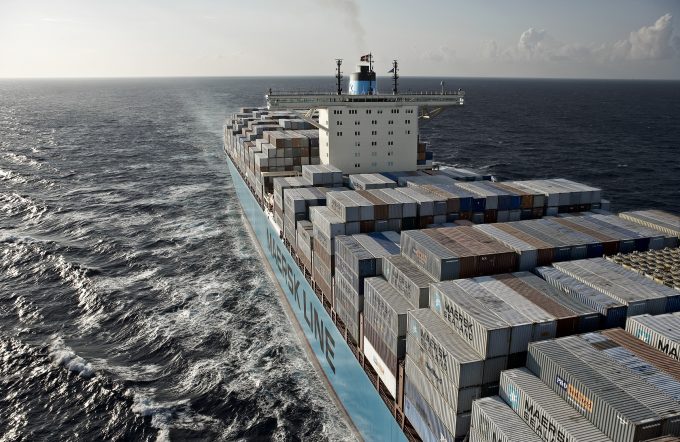Forwarders welcome MSC decision to continue 'critical' South Africa-USEC service
South Africa’s freight forwarders have welcomed a decision by MSC to continue its direct weekly ...

Reliability does positively impact container line profitability – at least according to SeaIntel’s latest Sunday Spotlight.
Recently, there has been a belief that a carrier’s relative profitability was independent of its reliability relative to competitors.
To test this, SeaIntel calculated coefficients between profitability and reliability across 14 quarters, using data ...


Comment on this article